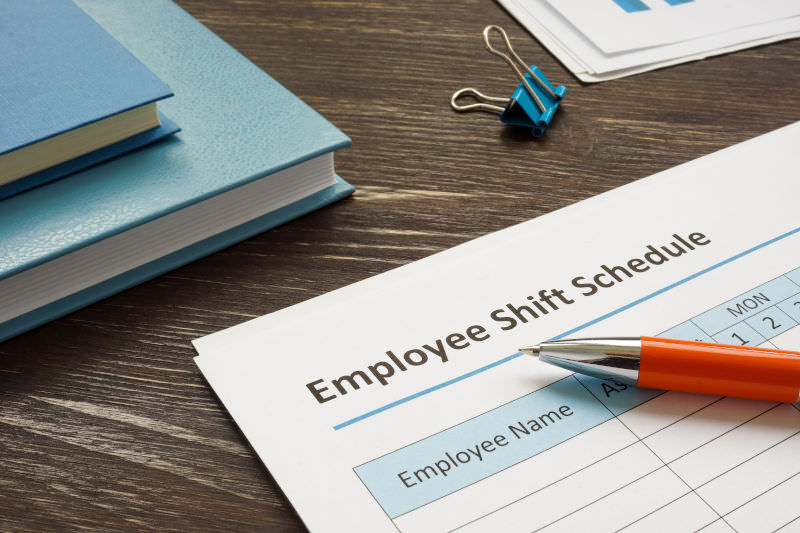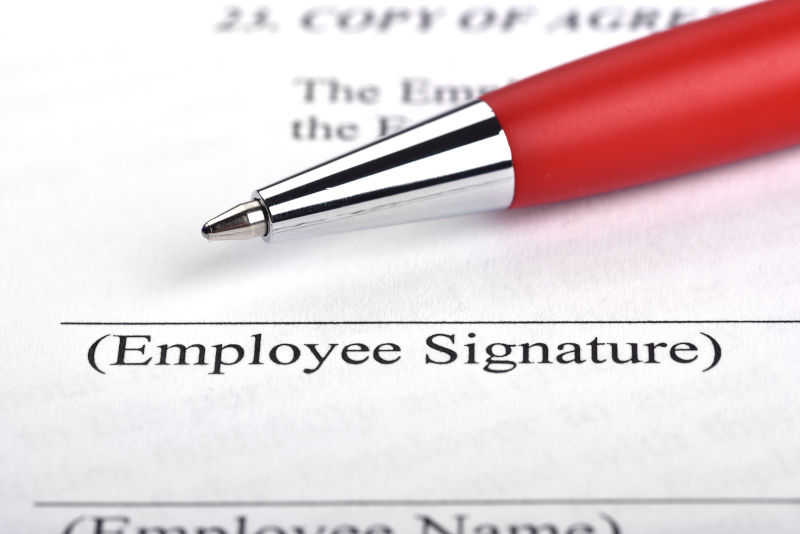In this article we will consider dismissals for gross misconduct and their consequences.
An employer can only, lawfully, dismiss you without allowing you to work your notice if your contract of employment allows them to do this or if you have committed an act of gross misconduct.
Entitlement to notice or payment in lieu
Where gross misconduct is not alleged, even if the contract allows for a dismissal without notice, your employer must make an equivalent payment in lieu of notice i.e. the salary (and sometimes the value of the benefits, depending on the wording of the contract) you would have received had you worked your notice. If they do not do this, you will have a claim for wrongful dismissal (see Wrongful dismissal claims).
However, if your employer finds that you have committed an act of gross misconduct, it can dismiss you without notice or a payment in lieu of notice.
What is gross misconduct?
Gross misconduct is deliberate (or wilful) behaviour which is so serious that it undermines the implied term of trust and confidence in your contract of employment (which can be a written or verbal contract). The conduct must be of such severity that your employer could not be expected to continue to employ you. As well as deliberate acts, a very serious dereliction of duty or gross negligence can also be classed a gross misconduct. In addition, it is possible for a series of acts, none of which individually amount to gross misconduct, to amount to gross misconduct when taken together.
Examples of gross misconduct
What amounts to gross misconduct may vary between organisations depending on the nature of the workplace. For instance, breaching safety rules in a safety-critical industry is likely to be treated much more seriously that somewhere which is not safety-critical.
Further, just because an employer has stated in its disciplinary procedure or rules that certain behaviour will amount to gross misconduct does not necessarily mean that it will do. The individual facts and circumstances of a situation should always be considered. However, there are certain types of behaviour that would usually amount to gross misconduct if found to have occurred:
- theft, fraud or dishonesty;
- violence or the threat of violence;
- deliberately damaging property;
- serious insubordination;
- unlawful discrimination, harassment or victimisation; and
- being incapacitated at work due to alcohol or illegal drugs.
I didn’t do it – doesn’t my employer need to prove that I did?
To justify not giving you notice or a payment in lieu, your employer will need to establish that you committed the conduct alleged (and in doing so, breached the implied term of trust and confidence). This is because a claim for notice pay is a breach of contract claim. As such, a tribunal will need to decide whether the conduct occurred (on the balance of probabilities).
However, the test for unfair dismissal is different. In unfair dismissal cases, an employer does not need to establish that you committed the conduct alleged, just that it had a reasonable belief you did so based on a reasonable investigation. Therefore, you could be innocent but so long as your employer had a reasonable belief and had followed a fair procedure, your dismissal could still be fair.
To bring an ordinary unfair dismissal case you need to have been employed for at least 2 years. If you do not have this length of service you may not have a claim unless you can show that the real reason for your dismissal was due to discrimination, whistleblowing, or another reason classed as automatically unfair (such as pregnancy, asserting a statutory right or certain dismissals connected with health and safety).
If you have been dismissed for gross misconduct or have been dismissed without notice or a payment in lieu of notice, please contact us to see how we can assist you with a claim.
Further Reading
From one of the UK’s most read legal blogs.











